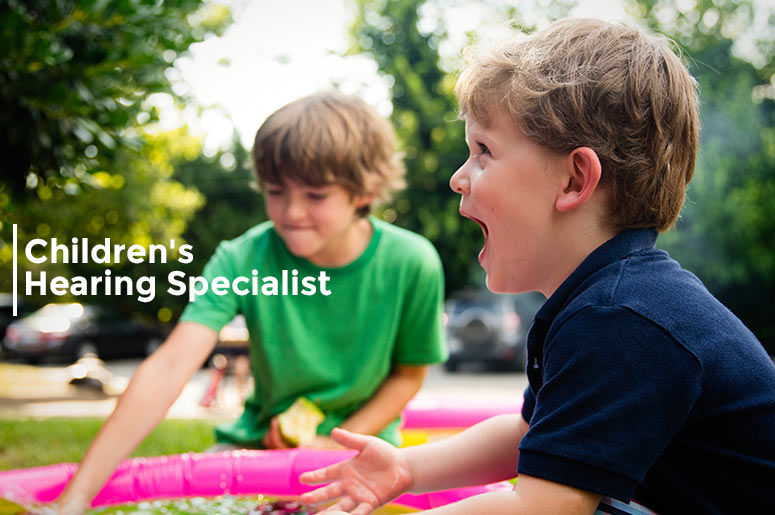Children Hearing Specialists
What Do Children Hearing Specialists Recommend?
Hearing issues being associated with old age is not entirely accurate. In fact, auditory malfunctions can be present in children as well. However, the condition between adults and young children can be a lot different. For that reason, we have children hearing specialists to guide parents, guardians, and the patients as well with regards to the specifications of children’s hearing treatment and its importance.
While there are so many forms of help and advice that we can find anywhere, some of them may not be the right ones to listen to and take heed of. Especially, that we are talking about our children’s hearing health. Unless they are what your children hearing specialists recommend, they might not be completely reliable. Our initial concern is safety and assurance. So, as much as possible we want to place our trust in whatever is legitimately beneficial.
This article will provide a sneak peek of the possible hearing tests a child patient will go through inside an audiology clinic. Tests may vary among clinics and depending on the audiologist’s recommendations. Read on to learn some of the tests that children hearing specialists recommend.
Related article: Children’s Hearing Tests
Kid’s hearing tests as recommended by children hearing specialists
1. VRA (Visual Reinforcement Audiometry)
This test is for children aging 6 months to 2 and a half years old. VRA is used to test children’s hearing ability by asking the child to associate sounds to visual rewards. The test also uses video animations and sometimes a toy which lights up and also serves as the reward. If the child is able to hear and turn his or her face towards the visual stimuli, it now becomes the reward.
Variations in sound volumes will be played as well. This is to test how high or how low the sound levels your child is able to recognise.
2. Play Audiometry Test
Play Audiometry is for children between 1 and a half years and 5 years of age. The test is going to use speakers or headphones and behavioural conditioning method. Your child will be asked to perform specific tasks whenever he or she hears the sound. This test is mostly done on toddlers right before they are sent to preschool. Early signs of hearing issues are also detected during this test. It uses a machine to determine the hearing levels of a child patient.
3. Pure-tone Audiometry
The test is usually preferable before it’s time for parents to send the child to school. It will use a device or machine called audiometer. This will generate different sounds in different volumes and frequencies. Similar to other tests, this will be performed through headphones. Then, your child will be asked to respond to the sounds that he or she is able to hear by pressing a button.
4. Conduction Test
Conduction test or Bone Conduction Test is directly for the inner ear. Your audiologist will use a small vibrating device and place it behind the ear. The sounds it makes pass through the inner parts of your ears. With the help of this device, your children hearing specialist can determine which part of your ear is not working properly. This will help the audiologist to determine if your child has difficulty in hearing or not.
5. Middle Ear Test (Tympanometry)
Tympanometry is an eardrum test. Your children hearing specialist will assess the flexibility of their tympanic membrane. Eardrum flexibility is what allows sounds to pass through enabling the organ to hear. And if there is an infection like glue ear or fluid behind the eardrums, it may block the sounds. The tendency is that it will just bounce back and not pass through.
Also read: Tympanometry
Now that we were able to learn about the hearing tests in an audiology clinic, we know that it is important. This is so we can differentiate hearsays from professional suggestions. As much as possible, we should avoid confusing ourselves with such things.
Provided with the essential information about what types of tests children hearing specialists recommend, let’s do our part. Be sure to talk to experts before deciding on anything specific about your child’s hearing. After all, experts always have the last say to anything related to your child’s hearing.
Do you think your child might need to visit an audiologist?
If you notice some early signs of hearing difficulty, you have got no time to waste. Pay a visit to an audiologist near you and get your child’s hearing checked.

